
Doctors warn about 7 overlooked prostate cancer signs you should never ignore

The recent announcement of former President Joe Biden’s prostate cancer diagnosis has sparked widespread concern and raised important awareness about this serious health condition. Biden’s diagnosis, which doctors are calling an "aggressive" form of prostate cancer, has brought attention to a disease that affects approximately one in eight men during their lifetime. The challenge with prostate cancer is that it often develops quietly, meaning many men may be unaware of early warning signs until it’s too late. Recognizing these signs early could make a life-saving difference.
Key Takeaways
-
Prostate cancer is the most common cancer among men (excluding skin cancer) and the second leading cause of cancer-related deaths after lung cancer.
-
In its early stages, symptoms are often subtle or easily mistaken for normal aging or other minor health conditions.
-
Regular screening through PSA (Prostate-Specific Antigen) tests is crucial, as symptoms may not appear until the disease has progressed to later stages.
-
Seven key warning signs to look for include unexplained weight loss, chronic back pain, changes in urination habits, blood in urine or semen, erectile dysfunction, discomfort while sitting, and pain during ejaculation.
-
Early detection significantly improves treatment outcomes, making it critical to discuss any concerns with a healthcare provider.

1. Unexplained Weight Loss
Losing weight without changing your diet or exercise routine could be a concerning sign. Unexplained weight loss often occurs when cancer spreads to other parts of the body, such as the liver. This happens because the disease affects how your body processes energy, leaving you feeling fatigued and weak even though you're eating as usual. You might also notice a lack of appetite or a disinterest in food altogether. While weight loss can have many causes, sudden and unexplained weight loss, particularly when accompanied by other symptoms, warrants medical attention (American Cancer Society, 2023).
2. Chronic Back Pain That Won’t Go Away
If you’ve experienced persistent lower back pain that doesn’t seem to improve with typical treatments, it might not just be a result of poor posture or aging. Prostate cancer commonly spreads to the bones, with the spine being one of the most frequent sites. This can cause what’s known as metastatic spinal cord compression, where cancer cells press against the spinal cord. If your back pain is chronic and unresponsive to usual remedies, it’s time to discuss your symptoms with a doctor and consider PSA testing (Prostate Cancer UK, 2023).
3. Changes in Urination Patterns
One of the earliest warning signs of prostate cancer is a change in urination habits. You may find yourself getting up multiple times during the night to urinate, even when you've limited your fluid intake before bed. Additionally, a weaker urine stream or difficulty starting or stopping urination can indicate that an enlarged or cancerous prostate is pressing against the urethra. Early changes in urination may seem minor but can escalate to more severe issues if left unchecked.
4. Blood in Urine or Semen
Seeing blood in your urine or semen is never normal and should always be taken seriously. When prostate cancer develops, it can cause bleeding that appears in these bodily fluids. Blood in the urine may result in a pink, red, or brownish tint, while semen may have a rusty or brownish color. Although blood in semen is more often caused by benign conditions, it can still be a sign of prostate issues and should not be ignored. Additionally, a decrease in semen volume may accompany other prostate-related symptoms (Harvard Health Publishing, 2023).
5. Sexual Dysfunction and Pain
Prostate cancer can cause changes in sexual function, which many men may hesitate to discuss with their healthcare provider. Symptoms include pain during ejaculation, difficulty achieving or maintaining an erection, or both. Since the prostate plays an essential role in producing semen, the spread of cancer cells can disrupt normal sexual function. While sexual dysfunction can result from stress and anxiety, especially during a health crisis, it’s important to address any symptoms with your doctor as soon as possible. Early intervention leads to better outcomes (American Cancer Society, 2023).
6. Sitting Discomfort or Pain
If sitting has become uncomfortable, as though you are sitting on a ball or experiencing pain in the pelvic region, it could be a sign that prostate cancer has spread. As the cancer progresses, it can invade muscles in the pelvis or the rectal wall, leading to discomfort when seated. While this symptom generally appears as the disease advances, it’s critical not to ignore such discomfort, as early diagnosis provides more treatment options.
7. Taking Proactive Steps for Your Health
It's essential not to panic over every small change or discomfort but to remain vigilant about your health. Regular PSA screenings and digital rectal exams are vital tools for detecting prostate cancer, especially since early-stage prostate cancer often doesn’t produce noticeable symptoms. If you are experiencing any combination of the signs listed above, schedule an appointment with your doctor to discuss your concerns. Early detection is crucial in turning a potentially life-threatening condition into a treatable one.
By addressing symptoms early, you can greatly improve your chances of successful treatment and recovery. Don’t let embarrassment or fear prevent you from seeking help; it could save your life.
Sources:
News in the same category


Got High Blood Pressure? Try This 2-Ingredient Tea!

The Best Natural Remedies to Treat and Prevent Varicose Veins Effectively

People Who Do This Every Morning Have Better Circulation and More Energy
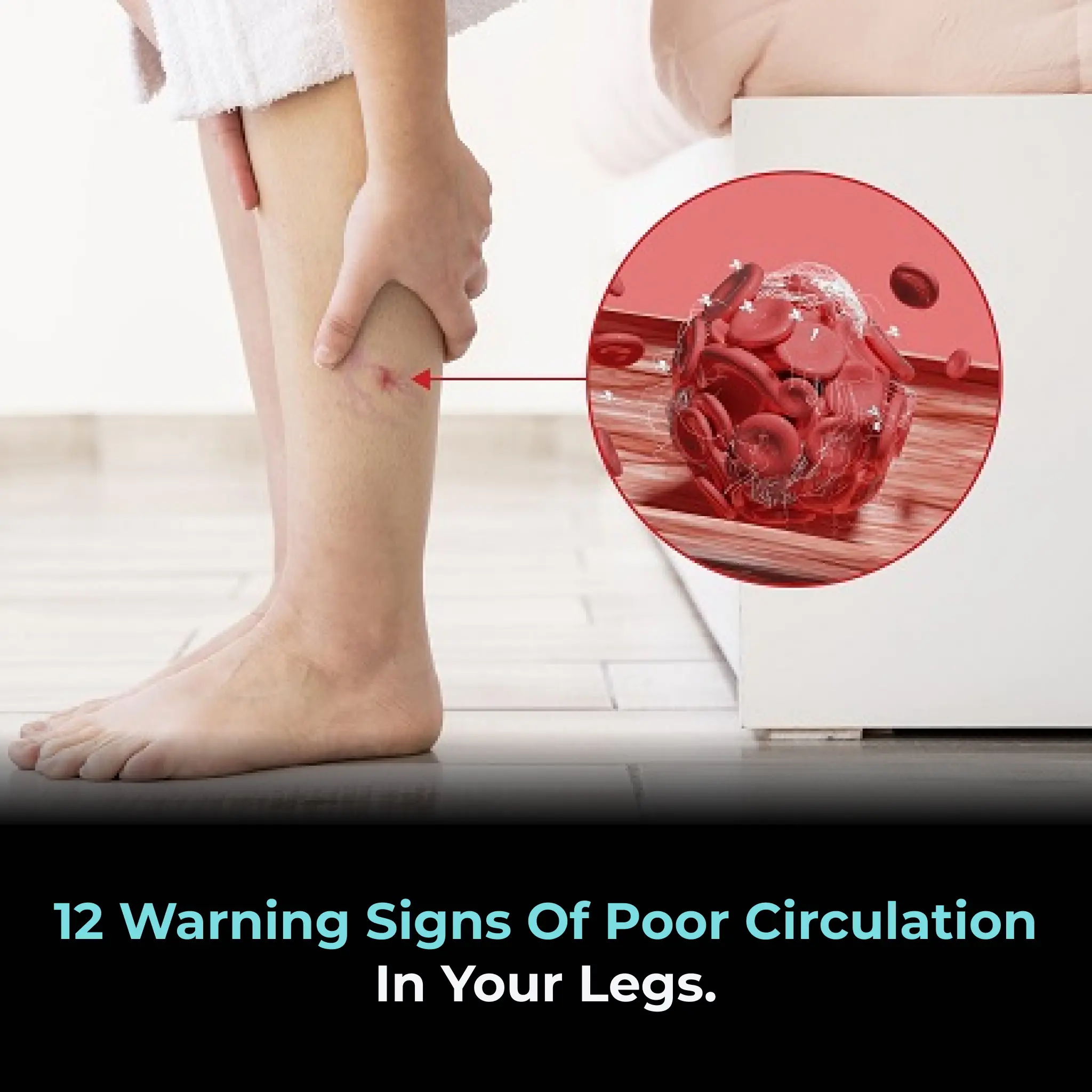
12 warning signs of poor circulation in your legs.

Treating Nail Fungus Naturally

7 ways to protect your heart during the winter months

Unexplained Bruising on Your Body: Causes and Treatments

Coconut water: Is It Good for You, Nutrition, Benefits, Side Effects (Science Based)

Lose just 1 gram of fat in your pancreas – and your diabetes may reverse, study finds

The best way to lower blood pressure fast!

Top 5 Veggies to Detox Your Arteries and Prevent Heart Attacks!

Untreated sleep apnea may nearly double your risk of Parkinson’s, major study finds
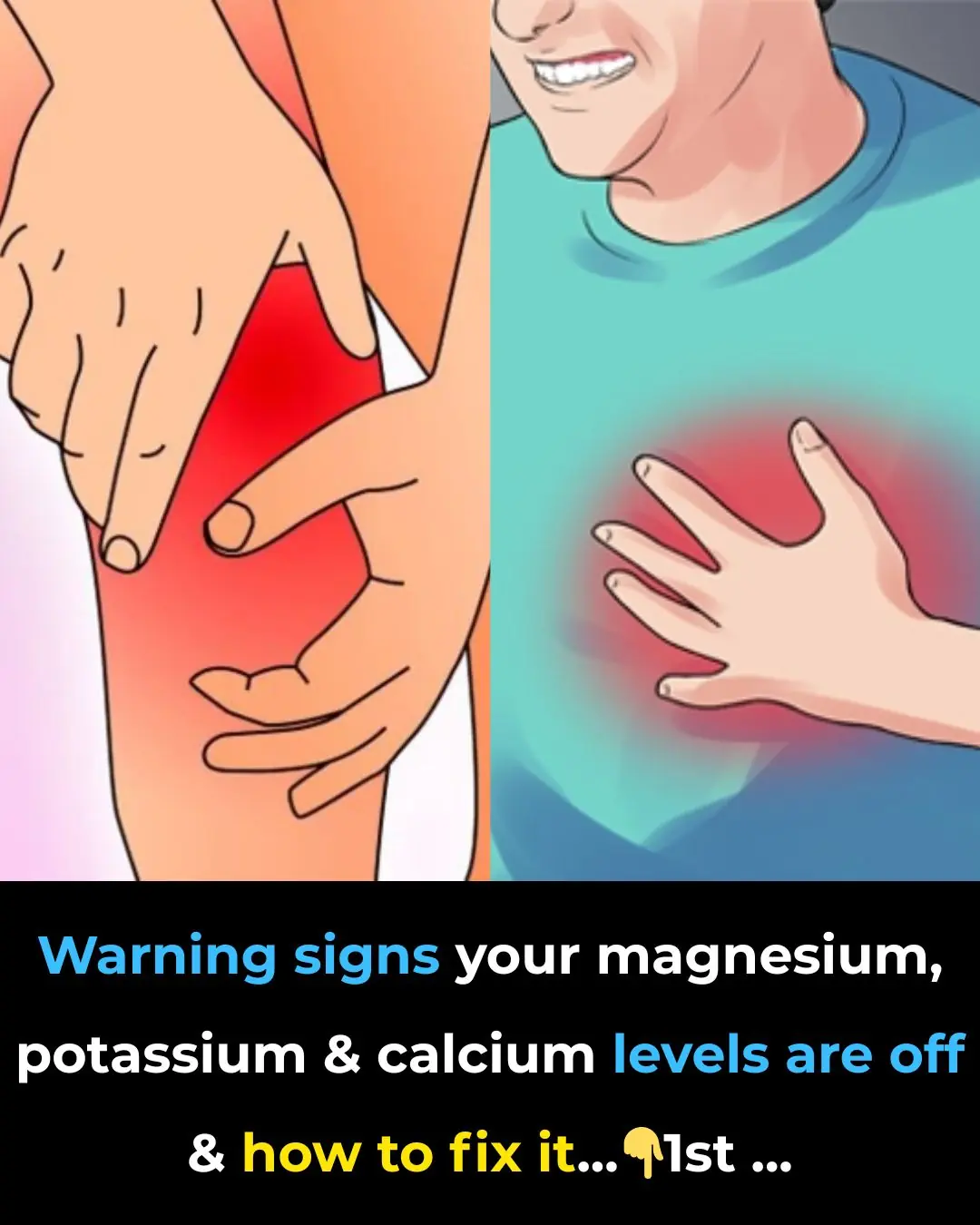
Warning Signs Your Magnesium, Potassium and Calcium Levels Are OFF and How To FIX It!
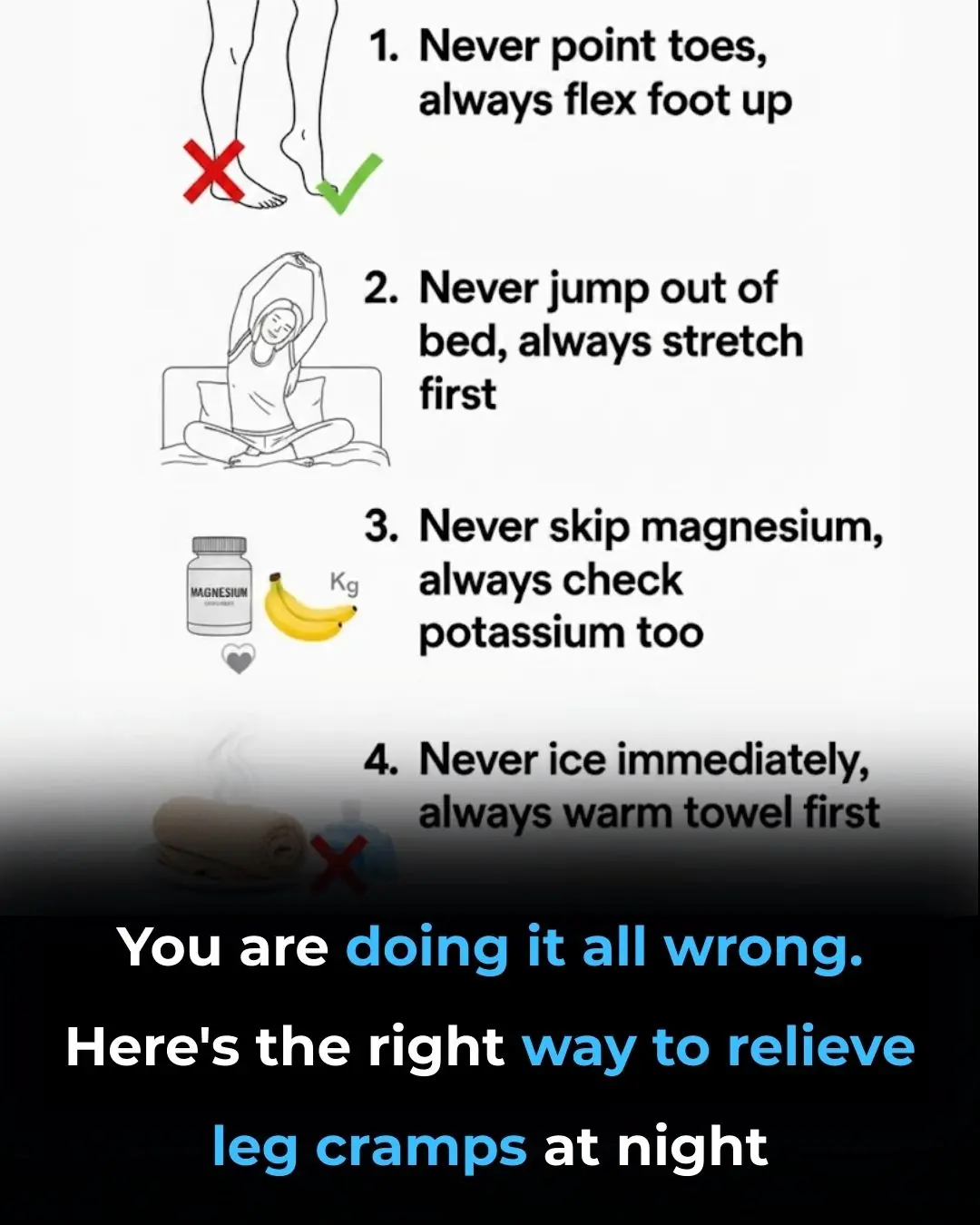
You are doing it all wrong. Here’s the right way to relieve leg cramps at night
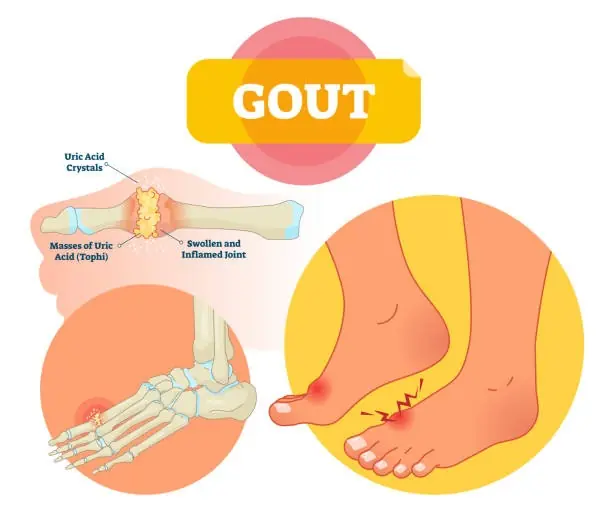
Few Know This Trick To Stop Uric Acid Crystals From Destroying Joints
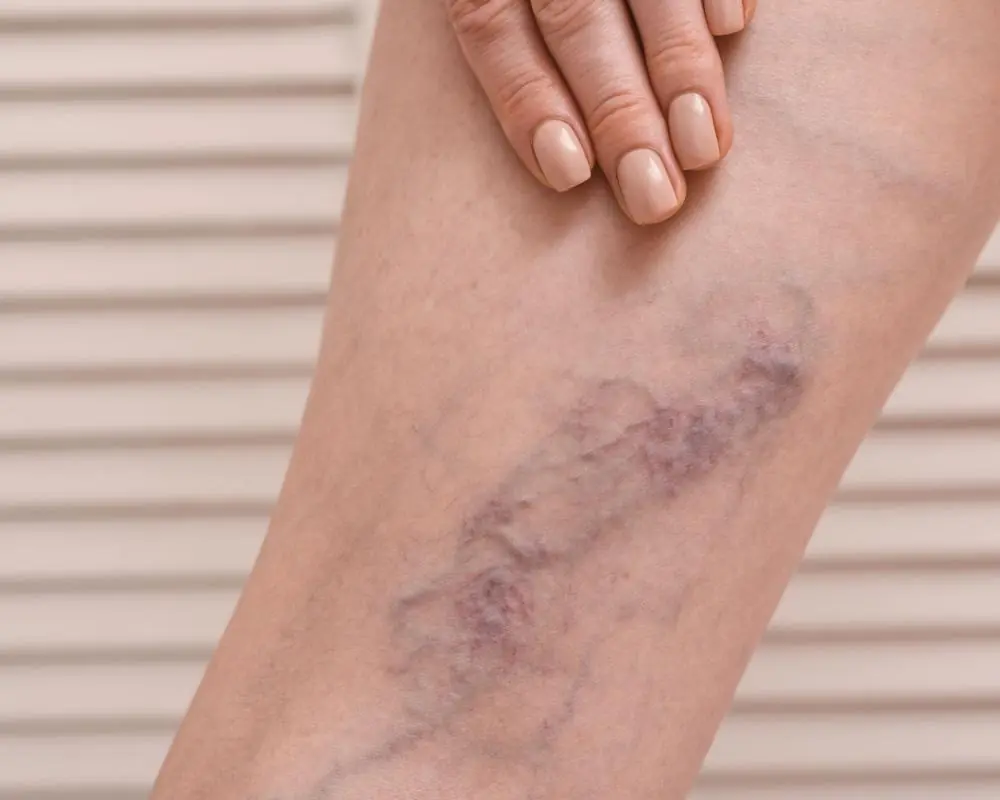
WHAT IS THROMBOSIS? SYMPTOMS AND HOW TO PREVENT IT

The Surprising Healing Power of Onion Milk

AVOID Ginger If You Have THESE Health Problems
News Post

The Coffee Photo That Survived the War.

Issa Rae Opens New ‘Downtown Dough’ Pizzeria in L.A.

From Hardwood Hero to Human Inspiration: The Legacy of Rodney Rogers.

The step-by-step plan to drop 30 pounds quickly in 2025

The Weight Bryce Couldn’t Carry Alone.

A Lesson Two Boys Will Carry for Life.

Got High Blood Pressure? Try This 2-Ingredient Tea!

106 & Park to Celebrate 25 Years With an Epic Reunion at the 2025 BET Awards

She Just Opened The First Black-Owned Direct Primary Care Facility In Washington State

The First Time Pyi Mai Touched the River.
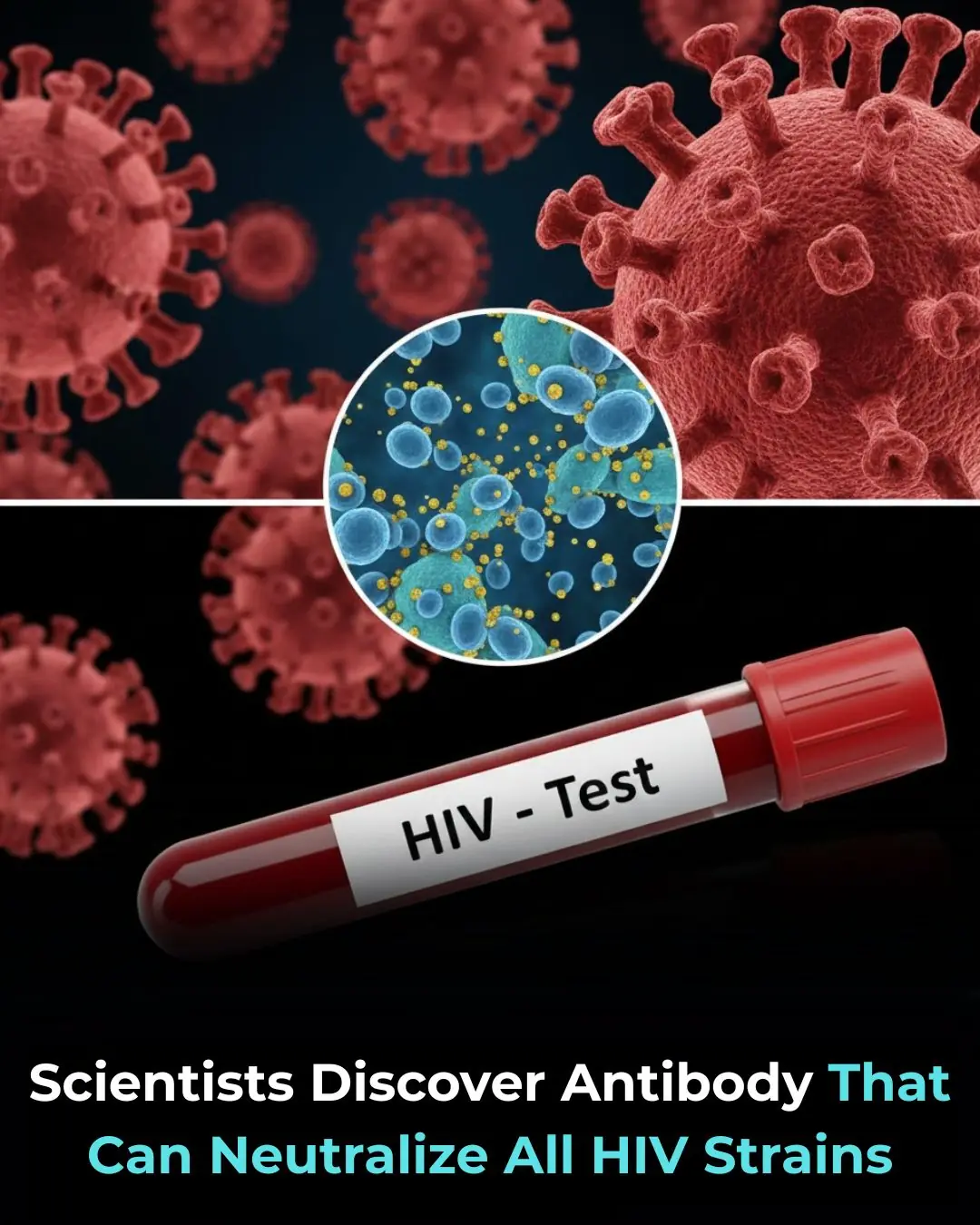
🛡️ The Holy Grail of HIV Research: A Broadly Neutralizing Antibody Targets the Virus's Achilles' Heel

The Day Mr. Brooks Walked Back Into the Sunlight.

🌊 Harnessing the Ocean’s Power: Scientists Pioneer a Breakthrough in Turning Seawater into Emission-Free Hydrogen Fuel

Stacey A. Dixon Set To Make History As The Highest Ranking Black Woman In U.S. Intelligence

🧬 Pioneering Hope: Japanese Researchers Achieve Historic Movement Restoration Using Stem Cell Therapy for Paralysis

🧊 The New Frontier in Oncology: MRI-Guided Cryoablation Offers Non-Invasive, Precision Cancer Treatment

First Black Woman To Become Union Pacific Railroad Train Engineer Releases New Autobiography

🧠 The Resilient Mind: A Case Study in Neuroplasticity Challenges the Limits of Human Cognition

🕷️ The Unexpected Side Effect: Neurotoxins in Brazilian Wandering Spider Venom and the Quest for New Medicines
